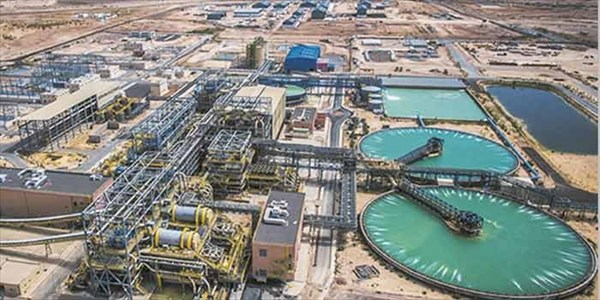Located strategically at Europe’s doorstep and targeting to generate 52 percent of its domestic electricity from renewables by 2030, Morocco is emerging as a promising energy partner for Europe.
The reason for Europe seeking new sources of clean and Renewable energy is the region’s energy crisis and the urgency of tackling the challenge of global warming and climate change.
Morocco has developed a vibrant solar energy sector, making use of year-round sunshine, wide open spaces for infrastructure projects, and access to millions of euros in EU development funding.
As per reports, the country’s vision is to export a significant amount of its solar energy capacity via undersea cables to Europe. This initiative holds the promise of boosting up the continent’s clean energy transition.
Earlier this year, it was reported that EU has committed itself to programs worth €624 million ($688.6 million) to support Morocco’s transition to “green energy,” along with tackling irregular migration, and facilitating key reforms in crucial areas like social protection, climate policy and public administration.
Though the country has enormous untapped potential, yet there are numerous challenges to tackle before it could expand its renewable energy capacity. As per data, the nation currently, relies on imports for 90 percent of its energy, mostly from fossil fuels. The transition to renewables alone requires substantial investment, estimated at $52 billion, to achieve Morocco’s 2030 targets.
Moreover, with its goal of becoming a clean energy hub with the potential to export electricity to Europe, it will be an example for others to follow. However, there are concerns raised about the environmental impact of massive infrastructure projects and increased water usage in arid regions.
“Morocco’s renewable energy ambitions present a win-win proposition for both Europe and the country itself,” Grammenos Mastrojeni, Senior Deputy Secretary-General of the Union for the Mediterranean, said talking to a local daily.
“Historically energy has always been considered a national and a sovereignty issue. Now, climate change is calling to something which is quite new. To make the system functional we need to start reasoning in terms of regional cooperation,” he said.
However, as per reports, climate change activist Hajar Khalmichi, from the Mediterranean Youth Climate Network, opined that first Morocco should be able to fulfil all its domestic energy needs from renewables before thinking of exporting any electricity. She also believes that the ambition of 52% of electricity coming from renewables doesn’t go far enough, and that it needs enough discussion about where the rest will come from as Morocco tries to cuts down its dependency on its gas, oil and coal power stations.
It can be said that Morocco has positioned itself as a potential supplier of solar power to energy-hungry Europe.
Along with Morocco, other gulf states too are accelerating their transition to renewable energy by launching ambitious infrastructure projects to meet domestic energy needs.
Industry experts believes integration of energy markets will be help address the challenges lies in achieving the renewable energy goals, as it holds the potential for shared energy security and macroeconomic advantages inside the region.


